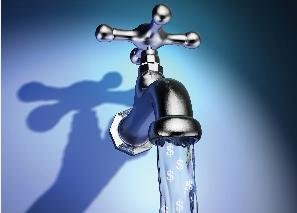Well drilling is a process that not only provides ground water, but other natural resources like gas and petroleum. 23 million families in the U.S. rely on private water from water wells drilled near their homes. If you’re planning to become one of them, here are some important things you should know first:
Know what your water needs are.
How many people live in your home? Will you be using the water for things like lawn care or a swimming pool? What about in case of an emergency, like a fire?
Make a list of the needs you expect your water well to meet. Then you, or your contractor, will know what water well drilling methods are needed, what size pump is necessary, what type of well to construct, and so on.
Know how much drilling will cost.
This depends largely on what type of water well you drill and its depth. For example, standard residential water well drilling can easily cost between $3000 to $9000. But something more modern like a geothermal well is over $20,000.
The average cost is a little over $5000.
Cost also depends on if you drill a well by hand, hire a contractor or work with a well drilling company. If you have the skills and decide to do it yourself you won’t have to pay for labor.
If you decide to hire help, ask around for references and get multiple quotes like with anything else.
Know where the best place to drill is.
Government regulations will ultimately determine where you can drill a water well. There are stipulations about the distance between a water well and private property like buildings, or public property like roads.
You must also make sure the soil is ready to be drilled into. If there are special circumstances like sand, rocks, or clay, it could make drilling very difficult or impossible. It could also lower the quality of your drinking water.
Know the quality of the water around you.
Test the water in the area before drilling your well. If there is someone else nearby who has a well, ask for a sample. Test for poisonous minerals, contaminants and sediment. If you don’t know how to run these tests yourself, you can ask the local authorities or a drilling professional.
If you do a round of testing and the water is poor quality, you can then choose a new area to drill or you can decide on a process to filter and clean the water.

